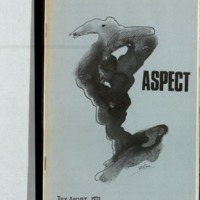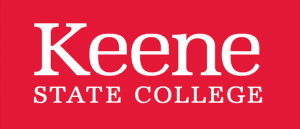Aspect Magazine vol. 9, issue 51, July-August 1973
Item
- Creator
- Hogan, Edward J.
- Schwartz, Ellen
- Braatelien, Gail
- Gravett, Marilyn
- Atchity, Kenneth John
- Ward, Michael
- Marchand, Millie
- Combellick, Henry
- Conway, Mel
- Broyhill, Stephen
- Latta, Richard
- Fogle, Becky
- Matteson, Frederick
- Stein, Diane
- Petri, Lori
- Leiper, Esther M.
- Baker, Patricia
- Becker, Robin
- Holland, Barbara A.
- MacGuire, Deidre
- Blum, William
- Roberts, Cynthia Day
- Carroll, Paullete
- Lefcowitz, Barbara F.
- Lessing, Doris
- Glen, Emilie
- Nasta, Anthony P.
- Ristau, Harland
- Sanford, Geraldine
- Mason, John
- Driscoll, Patrick
- Date
- 1973-07
- Format
- Identifier
- https://commons.keene.edu/s/KSCArchive/item/6964
- Language
- eng
- Publisher
- Aspect Magazine
- Rights
- http://rightsstatements.org/vocab/InC/1.0/
- Subject
- American Politics
- Literature in English, North America
- United States History
- Type
- Text
- Provenance
- Keene State College
- Item sets
- Aspect Magazine
- Site pages
- Zephyr Press Archive
- Media
 16.pdf
16.pdf
Position: 555 (143 views)
